CAEA, IAEA kicks off a training session for African radiotherapy physicists
The China Atomic Energy Authority (CAEA) and the International Atomic Energy Agency (IAEA) jointly launched a training session for African radiotherapy physicists in Beijing on September 2 on the sideline of the 2024 Summit of the Forum on China-Africa Cooperation (FOCAC).
The three-month-long training program was jointly undertaken by two subsidiaries of the China National Nuclear Corporation (CNNC) and was attended by 16 people from 15 African countries such as Ghana and Zimbabwe.
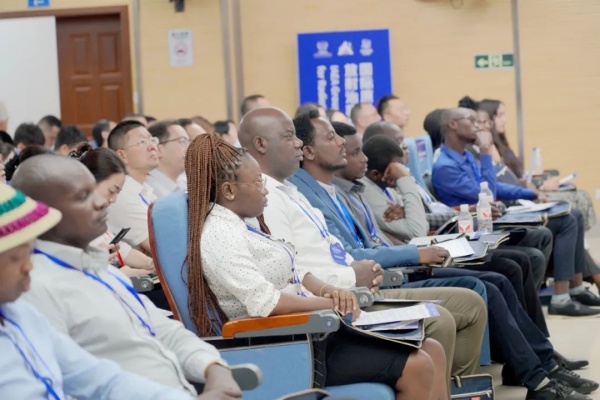
The thematic training session mainly focused on theoretical instructions related to fundamental knowledge and operating standards of nuclear medicine and radiotherapy, simulated and practical training over radiotherapy plans and designs, quality control and assurance, and encompassed typical case analyses of common cancers and tumor radiotherapy.
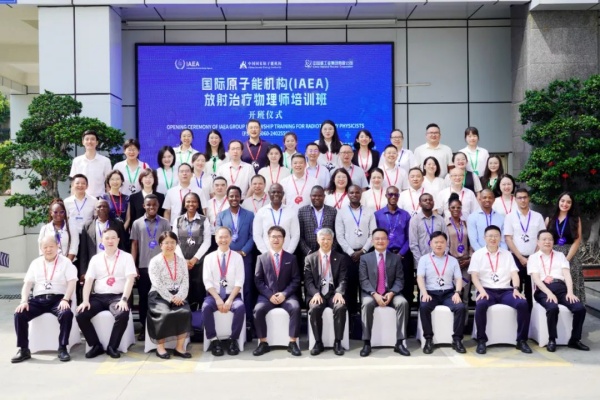
It aimed to respond to the IAEA's Rays of Hope initiative, foster more radiotherapy physicists for African countries in the diagnosis and treatment of cancers and malignant tumors, and help those countries further enhance their medical health standards and improve local people's wellbeing.
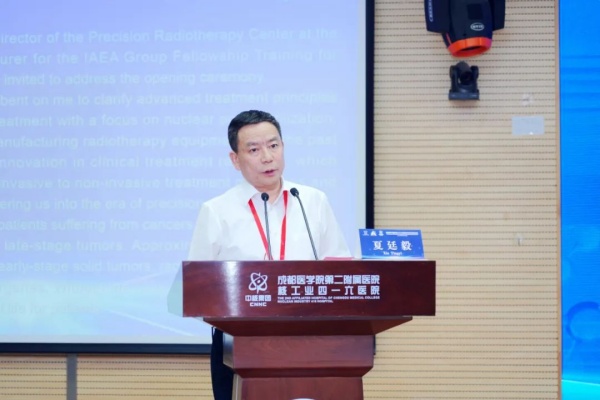
The latest training session, which is known for its long time and wide coverage, is a major public good jointly initiated by the CAEA and the IAEA for the health affairs in African countries and a pragmatic measure taken by them to promote the peaceful utilization of nuclear technology on the continent.
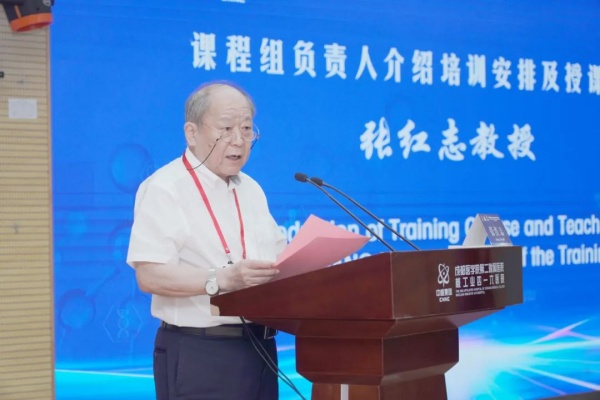
There is a promising prospect for the application of nuclear technology in the medical and health sectors. It is an urgent and pressing task for African countries to strengthen their capacity building and personnel training in such fields as nuclear medicine, radioactive pharmaceuticals, the prevention and control of zoonosis.
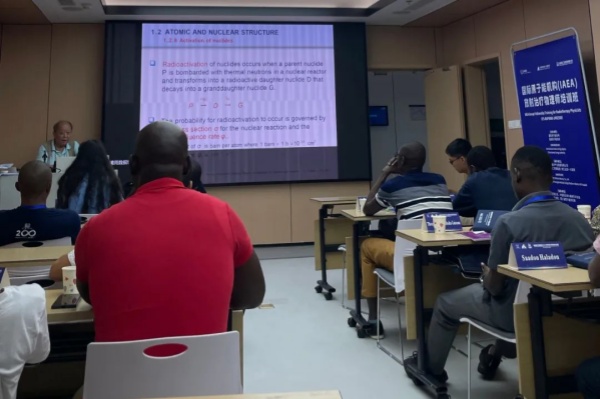
Therefore, the IAEA has launched the Rays of Hope initiative to provide middle and low-income countries, mainly in Africa, with technical support and assistance like hardware, specialized equipment, personnel training and quality assurance, and help them enhance their cancer and tumor prevention and treatment capacity through radiotherapy and other nuclear medical technologies.
- China Institute of Atomic Energy
- Nuclear Power Institute of China
- Southwestern Institute of Physics
- China Nuclear Power Operation Technology Corporation, Ltd.
- China Nuclear Power Engineering Co., Ltd.
- China Institute for Radiation Protection
- Beijing Research Institute of Uranium Geology (BRIUG)
- China Institute of Nuclear Industry Strategy (CINIS)
- China Nuclear Mining Science and Technology Corporation


